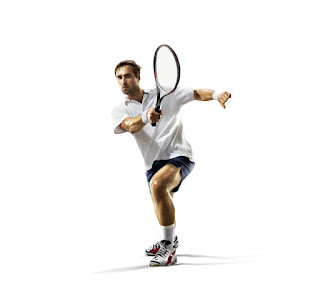Over years of honing his tennis prowess, Dennis Roeder has discovered
that physical ability and talent will only take a player so far. A
person’s knack for remaining mentally tough is just as important as
their ability to serve or hit a solid back-swing. The following tips
will help tennis players stay at the top of their mental game.

- Every
tennis player should warm-up before their match. This not only allows
the muscles to loosen and the heart rate to slowly elevate, but also
gives the mind a chance to adjust to the environment. Warming up by
hitting a few balls will stretch the body and also allow the player to
take note of the weather condition, such as wind. This is also the best
opportunity for the mind to become focused on the game that is about to
take place.
- Not every player can start winning games from the
beginning. In all reality, there is always going to be a loser in each
game of the match. If a player loses the first few, they cannot let
those small losses dictate how they play the rest of the match. This is
where mental toughness really starts to become an important factor in
overall tennis game play.
- When a tennis player tries to blast
their serves from the very beginning, they tire more quickly. The more
strain that is placed on the body from this exertion, the more mistakes
will be made. Dennis Roeder likes to start out slow with his serves.



